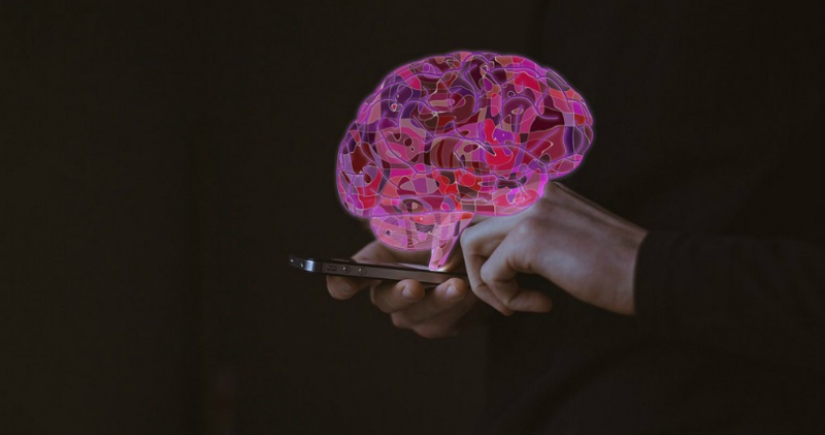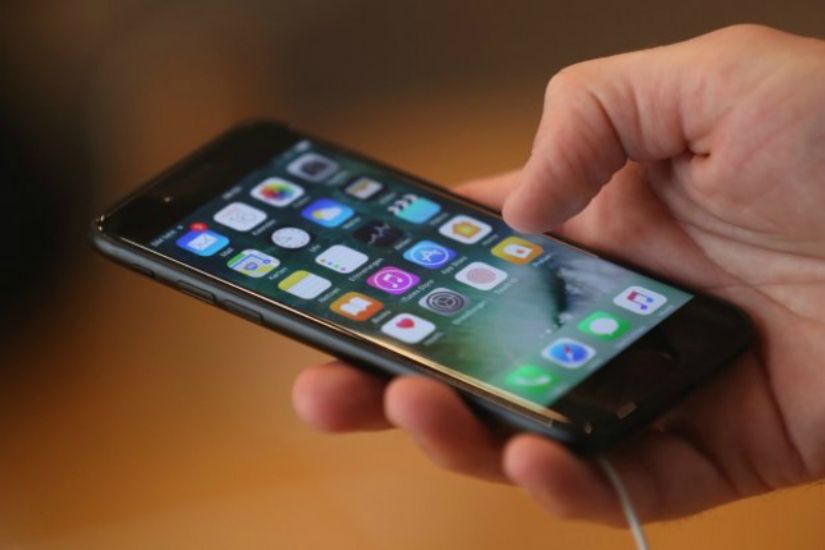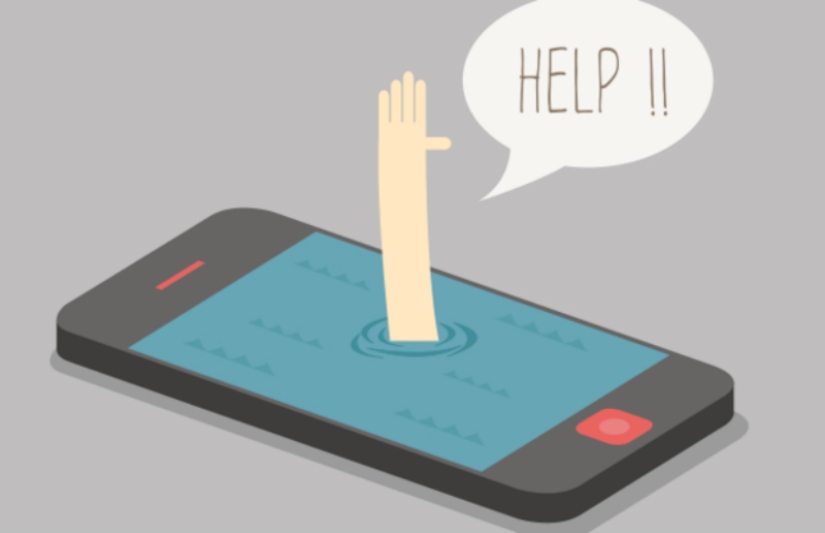Likes are like a drug: Scientists have explained why we don't get rid of smartphones
Categories: Health and Medicine | Science | Society
By Pictolic https://mail.pictolic.com/article/likes-are-like-a-drug-scientists-have-explained-why-we-dont-get-rid-of-smartphones.htmlCan you remember a time when, when you woke up, you didn't first of all climb into the phone to check missed reminders on Facebook or Instagram?
It feels like an eternity has passed, doesn't it? Today, most people spend 3 to 7 hours a day on smartphones, checking pop-up reminders about a hundred times.
How did it happen that in such a short time smartphones have so influenced our behavior that they actually changed our lifestyle? The whole point is how mobile devices affect our brain — and no, it's not radiation at all, but simply habituation.

Endocrinologist Robert Lustig in an interview with Science Alert says that the constant stream of reminders coming from the phone is a constant stress for the brain.
And with prolonged stress, the prefrontal cortex of the brain, which is responsible for cognitive functions, begins to "go crazy" — and therefore make mistakes.
Robert Lustig

Larry Rosen, a professor of psychology at California State University, points out that constant anxiety — including due to reminders - has direct physiological consequences.
Endless reminders lead to the fact that people, like Pavlov's dog, get used to taking out phones not only when they make a sound, but also when nothing happens.
Larry Rosen

Part of the difficulty here is that technology companies like Google and Facebook literally use laboratory methods — the same ones used in slot machines - to make sure that we don't get off their applications.
Former Google employee Tristan Harris told CBS News in an interview that "reminder streams" in applications like Facebook produce the same stimulating effect on the brain as slot machines with their colored icons.
Tristan Harris

Larry Rosen recommends starting with small restrictions to reduce the harmful effects of the habit.
This way you will know that you can concentrate on something for at least 15 minutes. The more dependent you are on apps, the more difficult it will be for you. So it is quite possible that a quarter of an hour is, sadly, the best that many can count on."
Larry Rosen
Recent articles

Every guy is attracted to girls in absolutely different ways. For someone, a calm character is important, for someone a pleasant ...

On November 17, 1869, the Suez Canal was opened for shipping. On this occasion, today we will talk about it and about the four ...

We lose childhood in time, but retain it within ourselves. This is probably why we love fairy tales so much. Many fairy tales are ...